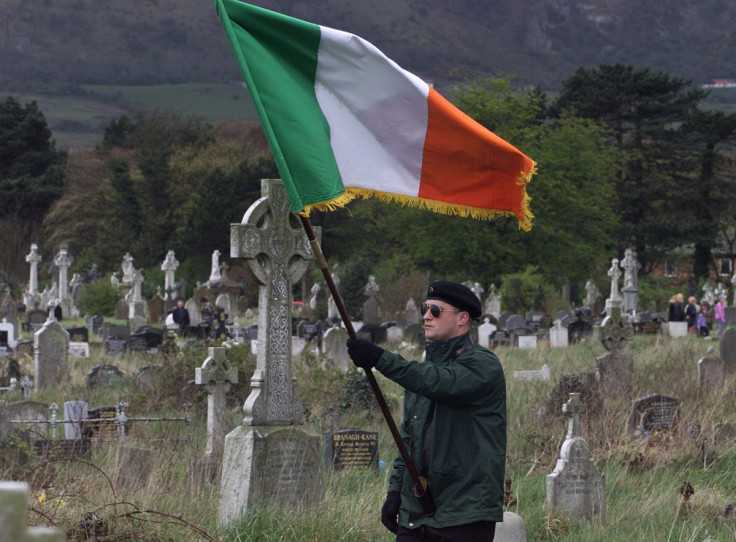Ireland's Easter Rising was not 'a just war' says former prime minister, John Bruton

The Easter Rising against British rule in Ireland was not a "just war" as there was "no need for violence", former Irish prime minister John Bruton has said ahead of the centenary commemorations.
On Easter Monday 1916, a group of armed republicans seized control of Dublin's General Post Office and proclaimed independence, prompting the British military to attack. More than 450 people, including about 300 civilians, were killed in the violence and 16 rebel leaders were later executed.
Ireland is preparing to mark the 100th anniversary amid fresh fears of violence by dissident republicans, following the murder of Northern Irish prison guard, Adrian Ismay, 52, who was killed by a bomb under his van earlier this month.
Mr Bruton warned against using the centenary to glorify the use of violence. "People are saying 'well, it is not justified to use the gun now – but we are going to justify its being used the past,'" he told Sky News.
"Now in my view it was wrong on both occasions – 1916 was unnecessary. We had Home Rule already. There was no need for violence. It didn't meet the criteria of a just war."
The former Taoiseach, of the centre-right Fine Gael party, caused controversy when he made similar comments in 2014.
However, Irish President, Michael D Higgins, dismissed the idea that marking the Easter Rising might be dangerous, saying it was "useless... to effect some kind of amnesia".
"It is one of the founding events, without a doubt, and it is of immense significance in terms of where it occurs historically but also symbolically."
"I do think that without 1916, and the events that surrounded it, we would not have achieved our independence," he told BBC News.
"It is one of the founding events, without a doubt, and it is of immense significance in terms of where it occurs historically but also symbolically."
But he said that Ireland was seeking to commemorate the rising, which actually began on April 24 when Easter fell that year, with "ethical sensitivity".
On Friday, Sinn Féin's president, Gerry Adams, spoke at Dublin's Arbour Hill cemetery, where the rebellion's leaders were buried, of how their cause continued.
"As we stand here today by the graves of our Lost Leaders, let us be clear – a united Ireland and a real republic is the only fitting monument to their memory," he said.
© Copyright IBTimes 2024. All rights reserved.





